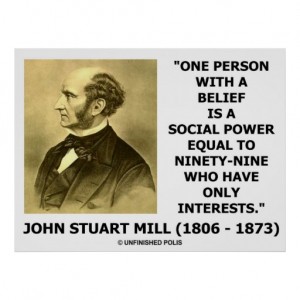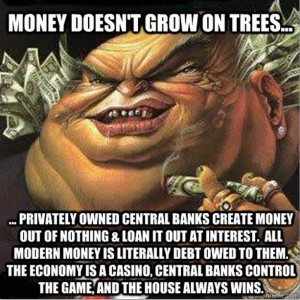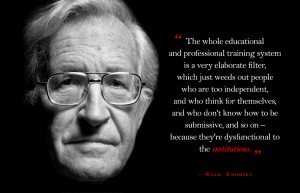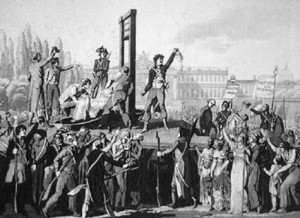Here is a portion of the Six Duties of Society (SDS) chapter where I discuss State Power and Social Power. In my opinion, freeing Social Power from the chains of State Power is essential for the future health of America. In fact, until we can chain State Power into is legitimate and limited functions, the ability to turnaround America is illusory. LIFE Leadership is is a microcosm of society’s Social Power because it is thriving under liberty and free markets. It’s time for the LeaderShift.
Sincerely,
Human societies, as a result, are in never-ending struggle between the forces seeking to optimize State Power and those seeking to optimize Social Power. The gain for one is the loss of the other. Accordingly, the reason society finds it so difficult to rest the Power Pendulum in concord is that these two forces wage an endless war within society. Limited governments, in effect, seek to grow State Power at Social Power’s expense, while Social Power seeks to reduce State Power by resisting its oppressions. Unfortunately, State Power (government) has the upper hand in this win-lose battle against Social Power, for the State has the “monopoly of force” at its disposal while society has only the ability to persuade. Therefore, whenever a society delegates to government a “monopoly of force” within a limited sphere, it must effectively restrain government from using its power to force itself into other areas of society it does not belong. If the State Power isn’t diligently checked, rest assured, it will increase. And, every time the State increases its responsibilities within society it also expands its power. But since State Power believes it can only increase when Social Power decreases, the State expands it power through reducing the liberty of society’s members. Bastiat described the proper limits of government when he wrote:
Each of us has a natural right – from God – to defend his person, his liberty, and his property . . . If every person has the right to defend – even by force – his person, his liberty, and his property, it then follows that a group of men have the right to organize and support a common force (government) to protect these rights constantly. Thus, the principle of collective right – its reason for existing, its lawfulness – is based on the individual right. And the common force that protects this collective right cannot logically have any other purpose or any other mission than that for which it acts as a substitute. Thus, since an individual cannot lawfully use force against the person, liberty, or property of another individual, then the common force (government) cannot legitimately be used to destroy the person, liberty, or property of individuals or groups. . . This common force of government is to do only what individuals have a natural and lawful right to do – to protect persons, liberties, and properties; to maintain equal rights of each person; and to cause justice to reign over us all.
In other words, two or more persons working together have no right to do collectively what is forbidden for them to do individually. Bastiat summed up the results of justice in government when he wrote, “If a nation were founded on this basis, it seems to me that order would prevail among the people, in thought as well as deed. It seems to me that such a nation would have the most simple, easy to accept, economic, just, non-oppressive, limited, and enduring government imaginable . . .” In essence, what liberty, justice, and concord produce (a productive society), tyranny, injustice, and coercion destroy. The historical record is full of examples of limited governments becoming tyrannical states. In fact, the failures appear to follow a similar pattern where society grows under the liberty of limited-government and dies under the bondage of an all-powerful state. How many more rise-and-fall historical examples are needed before society learns this valuable lesson? Furthermore, society’s leaders must learn the symbiotic relationship between the liberty and justice necessary to grow a society and the need for a delegated force to protect it from exploiters. Once this relationship between liberty and force is understood, society can take the proper steps to chain government’s “monopoly of force” for use only in its proper role of ensuring justice, thus unleashing liberty free to grow Social Power in every other area of society.














